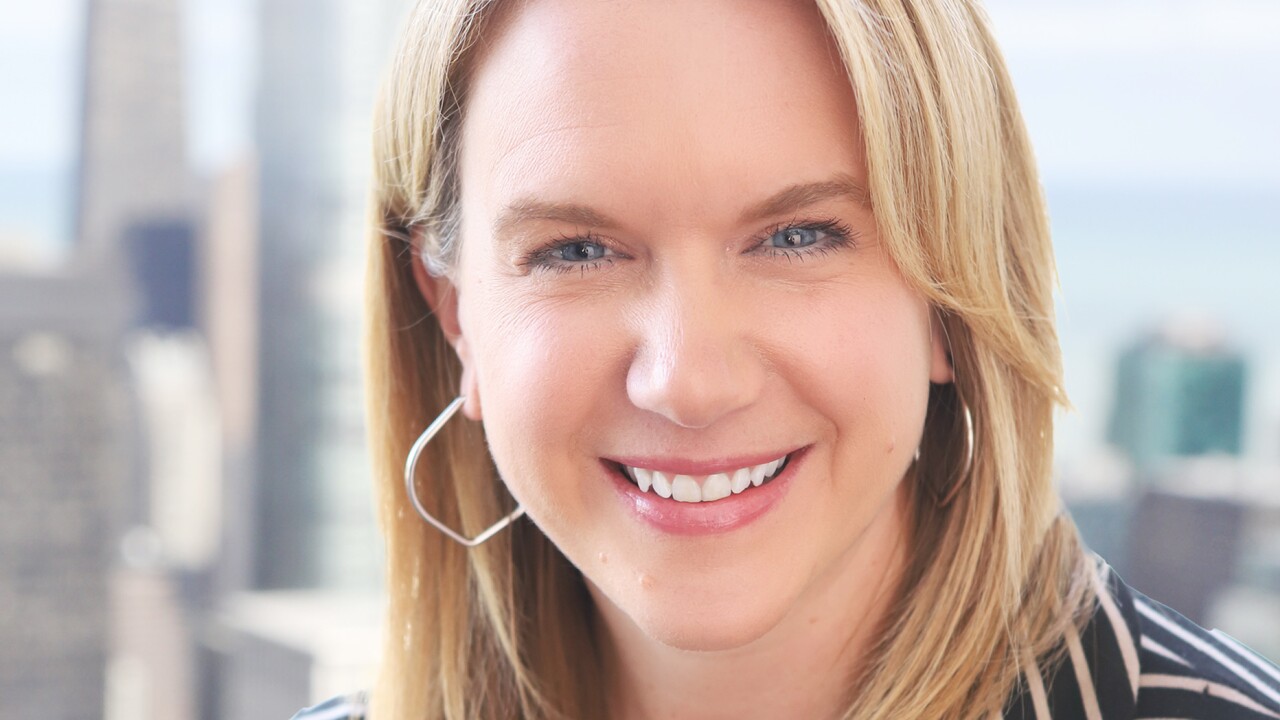San Francisco's decision to ban the use of facial recognition technology by police and city agencies will not have an immediate impact on banks' use of the technology, but some see it as an ominous sign for its current and future use by the financial services industry.
Several bank and fintech apps currently use facial recognition as a way to let customers authenticate themselves when logging into mobile banking. But there are lingering concerns about its accuracy and that it may be susceptible to bias. Some are raising concerns that firms may not really know what's going on under the hood, which could create problems down the line.

“Face recognition is new technology, in the sense that it has recently become accurate enough and cheap enough, and packaged into easily used applications, that it can be used by people who have a minimal understanding of what goes on under the hood,” said Kevin Bowyer, a professor at Notre Dame
Following is a detailed look at why San Francisco took action, and what it may mean for the technology's adoption.
Why did San Francisco do this?
The city’s Board of Supervisors determined that the use of facial recognition perpetuates police bias and gives authorities excessive surveillance powers.
“While surveillance technology may threaten the privacy of all of us, surveillance efforts have historically been used to intimidate and oppress certain communities and groups more than others, including those that are defined by a common race, ethnicity, religion, national origin, income level, sexual orientation, or political perspective,” the Stop Secret Surveillance Ordinance states. “The propensity for facial recognition technology to endanger civil rights and civil liberties substantially outweighs its purported benefits, and the technology will exacerbate racial injustice and threaten our ability to live free of continuous government monitoring.”
Similar bans could be enacted elsewhere. Oakland, Calif., and Somerville, Mass., both have similar proposals afloat.
The Massachusetts Senate also is considering a bill that would put a moratorium on the use of facial recognition until new regulations are enacted. New York State legislators on Tuesday introduced a bill banning landlords from using facial recognition technology. Some in the tech industry, including Microsoft, have also urged greater regulation of the technology.
Is facial recognition dangerous?
A study conducted last year by the American Civil Liberties Union found that Amazon’s Rekognition technology, which it sells to police departments, falsely matched 28 members of Congress with mugshots.
The false matches were disproportionately of people of color, including six members of the Congressional Black Caucus, the ACLU said.
“If law enforcement is using Amazon Rekognition, it’s not hard to imagine a police officer getting a ‘match’ indicating that a person has a previous concealed-weapon arrest, biasing the officer before an encounter even begins,” the ACLU wrote in a blog. “Or an individual getting a knock on the door from law enforcement, and being questioned or having their home searched, based on a false identification.”
Bowyer, the professor, questions the results of the ACLU study.
“It managed to bury the fact that the experiment, if it deserves that term, showed an error rate for Amazon Rekognition of about 1 in 400,000,” he said. “Some of the concern about face recognition technology is to a degree ‘manufactured,’ rather than the result of informed discernment about the technology. This issue of bias is one that still needs a good bit of study. The best results analyzing current face recognition technology suggests that the technology has about equal ability to recognize African-American persons as it does Caucasian persons, but also suggests that the technology is not as powerful at recognizing women as it is at recognizing men. The reasons why are not yet fully understood.”
James Wayman, a professor at Duke University, also feels the concerns about facial recognition have been overdramatized.
“Face recognition is an extremely complicated landscape,” he said. “The vendors have exaggerated its accuracy and the privacy community has exaggerated its threat.”
Impact on banks
Access to banking services, of course, is quite different from a civil liberties perspective than police surveillance. Selfie logins are basically a convenience — as long as there’s fallback to a PIN, they don’t really provide tighter security, nor do they infringe on anyone’s rights.
“Banks can verify the cellphone after you have chosen your own personal way for the cell to verify you,” Wayman said. “Such an approach is no more risky than passwords.”
If a facial image is required to obtain a service, as some banks are starting to do with mobile onboarding, that could bring it closer to a concern.
And there’s the possibility that other city and national agencies will set broader bans on facial recognition, following San Francisco’s example.
Valerie Abend, managing director of financial services security practice for North America at Accenture, said banks and other private sector firms need to work with policymakers to understand how the technology is evolving and changing people's lives, and direct policy accordingly.
"While facial recognition may not be a new technology concept, it has been greatly improved through various advancements and is increasingly accessible," she said. "There are a host of benefits that it can provide, including for financial services in terms of authenticating people and helping against fraud. However, there are also a lot of risks associated with these capabilities. We need approaches that address these issues at the federal and international level, while still encouraging technological innovation."





